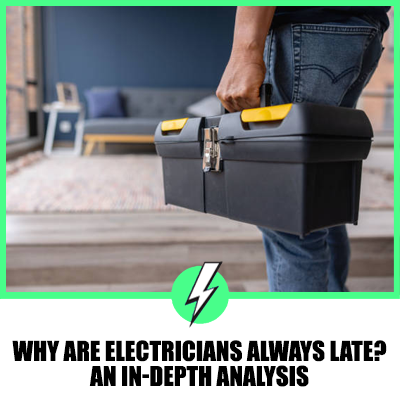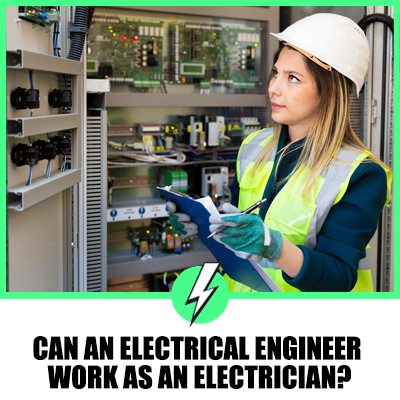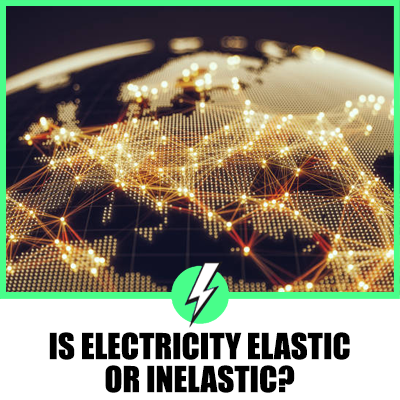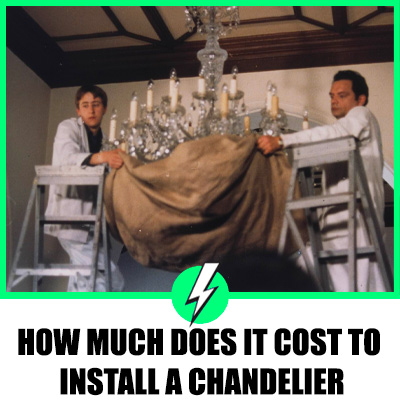The Main Differences Between Electrical And Electronics?
We compare electrical and electronic items to help you with repairs and much more, plus we answer:
- Is the washing machine electrical or electronic?
- Can you buy electrical goods from an electronics store?
A washing machine is electronic equipment, aka white goods, but a toaster in your kitchen is electrical! Electricity and electronics can normally be purchased from an electronics or appliance store; the difference between the two is often confused.
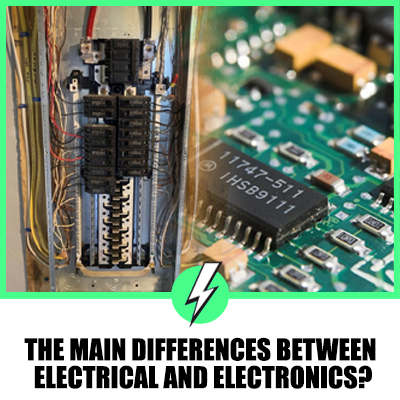
Contents
What is the difference between electrical and electronic devices?
The definition can be blurry, but in a nutshell, electronic devices have circuits built into them that control the electricity, such as timers and programmers on a washing machine.
Electrical devices convert electricity into something else, such as heat, light or sound; this is what separates electrical from electronics.
Is TV an electrical or electronic device?
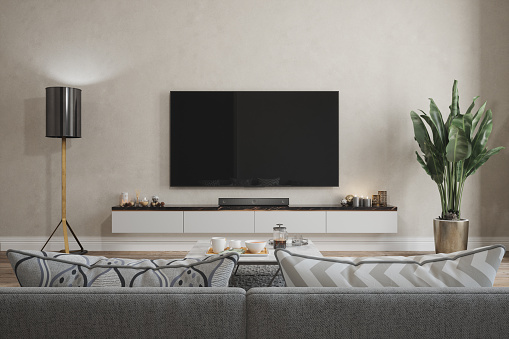
It is a confusing subject, and you can easily get distracted from what is electrical and what is electronic, so think about controls.
Let’s compare, say, an electric fan and a TV. How many controls does the fan have? It’s either on and running slow, medium or fast. There is no manipulation of the current flow.
Whereas the TV energises LEDs or the LCD screen, the TV is full of transistors and resistors and diodes to make the TV work; this is electronics.
If there is a manipulation of the current, then it’s electronic.
Is a TV an electrical appliance?
No, Consumer electrical goods are normally divided into 2 sections for ease.
- Consumer electronics such as television, computer equipment, printers etc
- Small appliances that are electrical such as toasters, electric kettles, beverage makers, and hair dryers.
So your TV would not be considered an appliance like a washing machine or tumble dryer. Your TV would be classified under electronic goods.
What are the home electrical appliances?
Here is a shortlist of some appliances. You will notice the word appliance is associated with the kitchen and utility room and has nothing to do with the equipment you would find in your lounge or living room:
- Gas Cooker/ Electric cooker
- Blender
- Microwave
- Fridge/Freezer
- Pressure Cooker
- Toaster/Sandwich Maker
- Electric Chimney/Cooker Hood
- Juicer
The bigger items are referred to as white goods because traditionally, they only came in the colour white.
What are electronic devices found in the home?
The list is short, and you can find many more to add to the list, but you can see non in the list are simple on-off devices. They all have some level of control over the incoming power supply.
- Robot Vacuum Cleaner. There have been major innovations over the past few years in vacuum cleaners
- Indoor Security Camera
- Portable Chargers And Power Bank
- Dishwasher
- Smart Alarm Clocks
- Electric Deep Fryer
- Coffee Maker Machine
- Laptop Cooling Pad
- Television
The smaller items around the home are often electronic as they are full of sensors to prevent overheating or to initiate cooling.
Is the computer electrical or electronic?
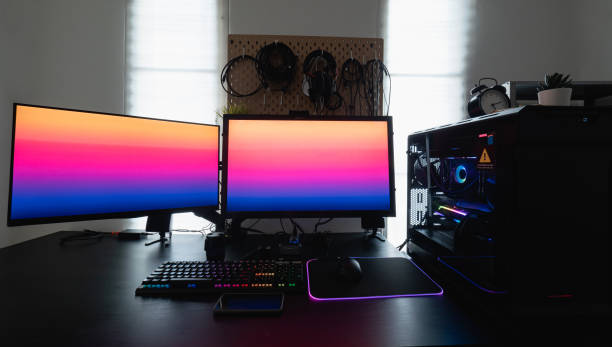
Computers are complicated pieces of equipment and are rammed full of components that step up the current and step down the current as required.
The semiconductors are powerful and can manipulate the current in nanoseconds.
The ubiquitous computer is the epitome of an electronic device.
How about bulbs? Are they electrical?
The humble light bulb has made an enormous transition from being a sim;e electrical device to reaching the heights of electronics.
How can a bulb be electronic? It’s a good question because bulbs are pretty much on and off items and have always been considered to be electrical, and they were.
However, the story changes with electrical light bulbs being phased out and replaced by LEDs.
The light from an LED is caused by the electronic excitation of a material known as electroluminescence.
A circuit is required to excite the material rendering the LED light bulb electronic.
Are fridges electronic?
Mostar new fridges are electronic, but older fridges used mechanics powered by electricity to run the refrigerator (fridge).
Nowadays, the fridge bristles with electronics to control the temperature in different compartments so your meat can be chilled and your salad kept fresh in its own climate-controlled zone.
Can an electrician fix electronics?
Yes and no. An electrician can troubleshoot the incoming power supply, but as soon as that power hits a circuit board, then the electrician is not equipped to investigate further.
The electrician’s responsibility stops at the power outlet. The only responsibility they have is to ensure your electronics have a power supply.
Who repairs appliances?
An electronics technician repairs appliances. The electronics technician has the knowledge to do the nut and bolts tasks like changing belts in a washing machine, but their forte is diagnosing electronic problems.
Unfortunately, after the diagnosis is often a case of changing parts, old for new, to make the appliance work again. This is why electronic repairs are so expensive and maybe uneconomical.
How can you protect expensive electronics?
It can be difficult, but there is one sure way to kill electronics, and that’s to have a power surge. Electronics can not deal with overcurrent situations. An overcurrent can fry the circuits instantly.
A plug-in surge protector will prevent your expensive electronic items from being damaged by overcurrent.
If you have a lot of expensive electronics, you may wish to consider taking a layered approach to surge protection.
Are some surge protectors better than others?
Yes, like many things in life, the more you pay, the better the quality.
Select a higher joule rating. For your computers and monitors that are very sensitive to power surges, select a joule rating of 1000. It will provide better protection for your electronics.
Should I turn off my surge protector at night?
Yes, although the surge protector is taking care of your electronic devices, they are known to become very hot and are a potential fire hazard.
Your surge protector consumes electricity even when your devices are off, so there is no need to have it connected to mains power through the night.
